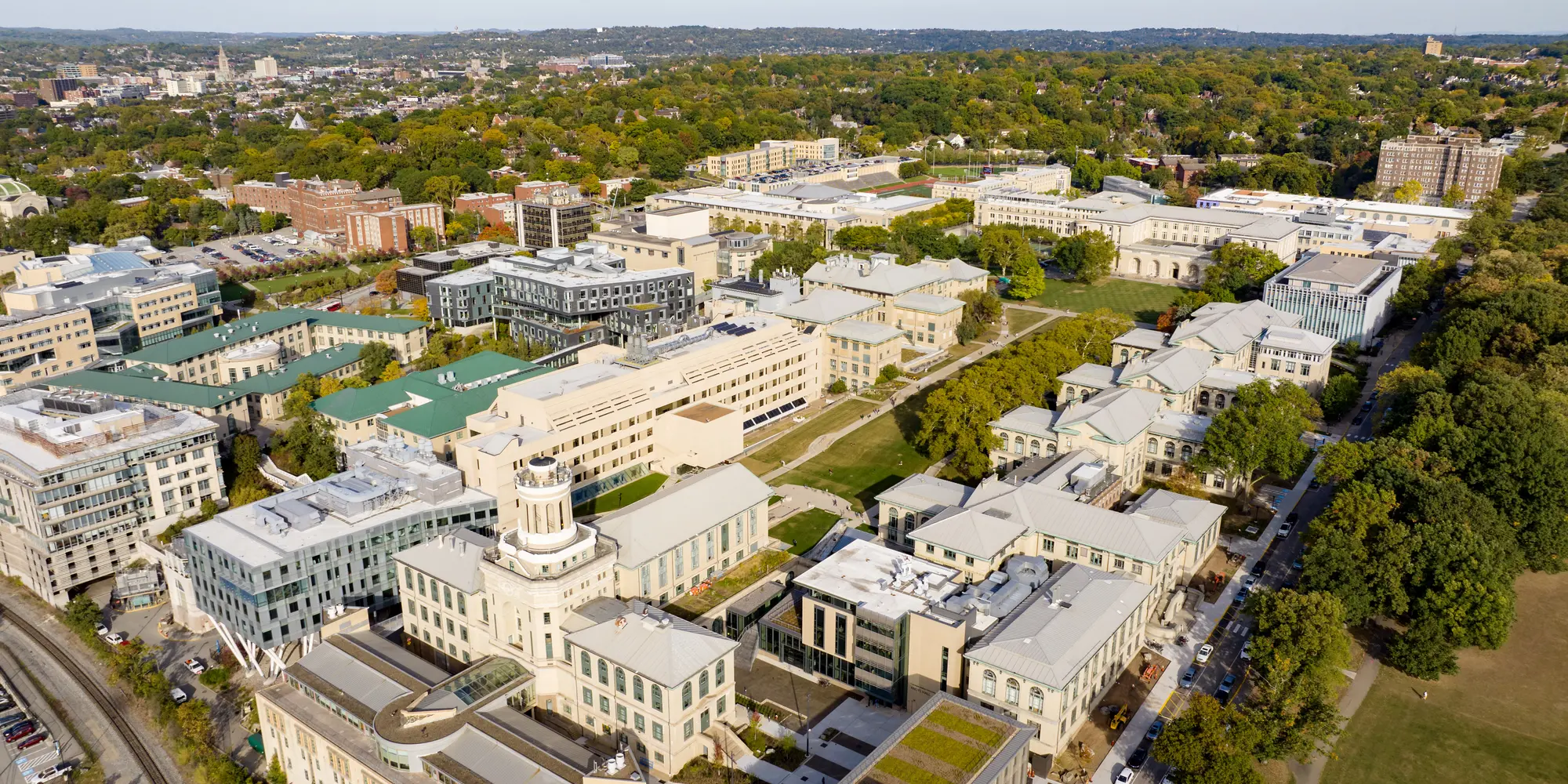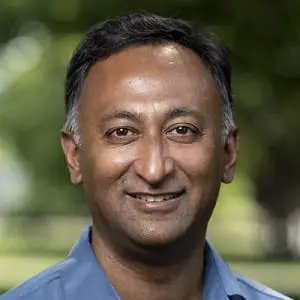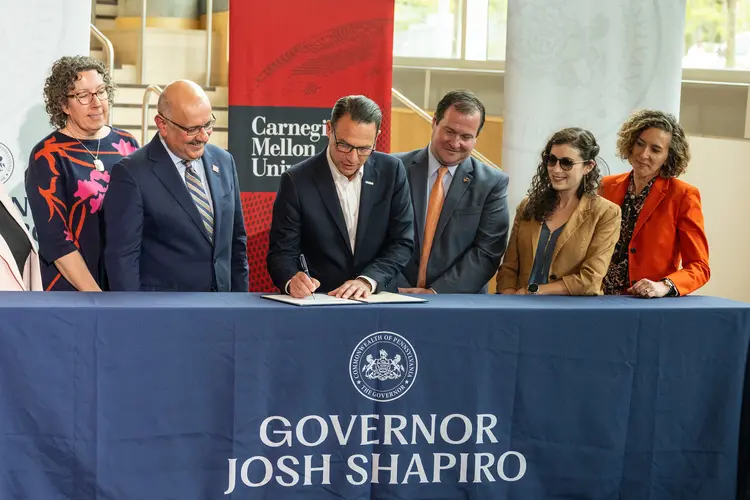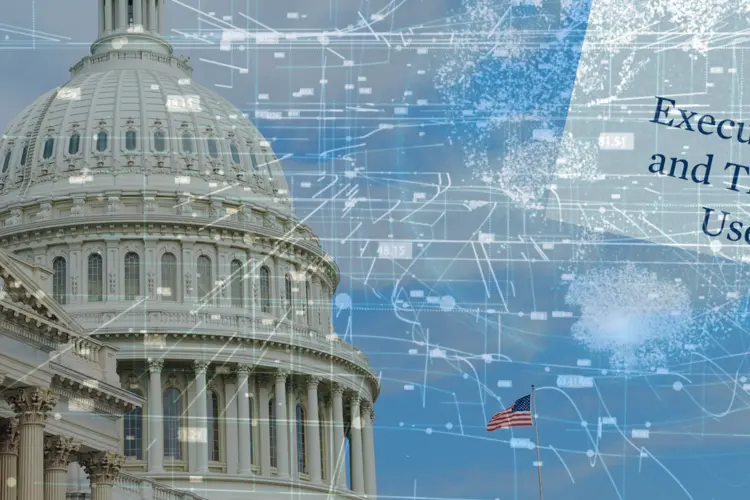
CMU Launches New Initiative for Human-Centered AI
Media Inquiries
Carnegie Mellon is launching the Open Forum for AI (OFAI)(opens in new window), a new initiative that will build capacity and understanding for a human-centered artificial intelligence to move toward augmented intelligence. Leveraging CMU’s AI expertise, OFAI includes a key group of partners that offer a range of complementary skills necessary for collective action for AI strategy and associated policy development. Initial funding is being provided by the social change venture Omidyar Network(opens in new window), NobleReach Foundation(opens in new window) and internal CMU funding.
"Omidyar Network has been a longstanding supporter of open source and has invested in many initiatives and organizations in this ecosystem. Open source AI, with its numerous benefits, catalyzes innovation by lowering barriers, increasing competition and fostering a more inclusive environment. However, we also recognize the challenges and the need to move toward a responsible open source AI paradigm,” said Michele Jawando, senior vice president of Omidyar Network. "We are proud to support Carnegie Mellon’s launch of OFAI as a lighthouse for responsible open source AI research, policy, community and pro-social applications that this initiative can engender.”
“At NobleReach, we recognize that mission-driven talent is the foundation of all transformative technological endeavors. While AI offers immense potential for innovation in the public interest, its success hinges on a human-centered, trust-based approach. By attracting and empowering exceptional individuals passionate about service, we can address complex AI challenges effectively. Our partnership with OFAI underscores our shared commitment to leveraging human-driven innovation for positive societal impact," said Arun Gupta, CEO of the NobleReach Foundation.
Central to OFAI’s charge is the idea that AI development should be focused on augmenting human capacity, with a diverse range of stakeholders to ensure that it advances public interest. OFAI will advocate for wider involvement in the AI ecosystem to shape policymaking and address issues such as AI safety, privacy and equity. OFAI will focus on five working groups: research, technical prototypes, policy recommendations, community engagement and talent for service.
To do this, the program will coordinate research and policy objectives, bringing relevant agencies together with representatives to try to influence policy decisions. It will also act as a clearinghouse for policy research. As a foundational deliverable, the team plans to create an Openness in AI framework — a system that breaks down the concept of openness to help move the conversation about AI toward more transparent components for fostering transparency, safety and inclusiveness.
Leading the team is Associate Dean for Digital Infrastructure and Director of Open Source Programs Office (OSPO) Sayeed Choudhury(opens in new window), who was recently appointed senior adviser on open source(opens in new window) for the Omidyar Network. Choudhury is a member of the Open Source Initiative (OSI) Board (and its AI committee) and Human AI Collective Advisory Board for BGV and the Ethical AI Governance Group (EAIGG). He is the software area expert and member of the Steering Committee for the Research Data Alliance United States.
Also on the team are several faculty members from Carnegie Mellon. K&L Gates Career Development Assistant Professor in Ethics and Computational Technologies Hoda Heidari(opens in new window), who serves as co-lead for the university-wide Responsible AI Initiative(opens in new window), will work with the CMU OSPO to develop the Openness in AI framework. Associate Dean for IT and Operations in the Dietrich College of Humanities and Social Sciences(opens in new window) Vincent Sha and the Department of Philosophy’s Assistant Teaching Professor Simon Cullen(opens in new window) have developed technically lightweight and easily usable AI bots and interventions that empower augmented intelligence. Finally, Department of Languages, Cultures & Applied Linguistics Head and Paul Mellon Distinguished Professor of Hispanic Studies Anne Lambright(opens in new window) will serve as an adviser through her role as director of the Center for Global Humanities and Inclusive AI Research.
Beyond CMU, Stefano Maffulli and Deb Bryant from the OSI will participate in OFAI, incorporating their current work to define open source AI through a multistakeholder process that engages a diverse set of actors across the open source community, industry, and academia. The Cyber Statecraft Initiative, part of the Atlantic Council technology programs, will participate to support this effort with the Atlantic Council’s open source policy network and ongoing applied research on topics tied closely to OFAI’s work.
“OSI aims to bring to developers and end users of AI the same benefits of autonomy, transparency, frictionless reuse and collaborative improvement that made open source software so popular,” said Maffulli, executive director of OSI. “Joining the Open Forum for AI is a timely opportunity to inform much needed research, public discourse and policy development for AI.”
Directors of OSPOs and their colleagues from Georgia Institute of Technology, University of Texas at Austin and George Washington University are founding partners of OFAI. Along with CMU, this partnership of universities features considerable AI expertise and capacity.
While OFAI is university-led, the team also recognizes the value of the perspective and expertise of the private sector. Offering feedback as OFAI fellows are Mike Linksvayer, head of developer policy at Github; Jordan Usdan, senior director of strategy and innovation at Microsoft; Anik Bose, general partner at BGV; Michelle Fang, strategist for Cerebras Systems, and Justin Fanelli, Acting CTO of the U.S. Navy and adjunct professor, Georgetown University.
Through these key partnerships, OFAI will work to create and manage a community and build relationships, convening diverse groups, organizing events and roundtables, and implementing a fellowship program. Convenings will include both those aimed directly at policy development and also those that bring together individuals or groups who are not yet well represented in the AI landscape.
Ultimately, the overarching goal of OFAI is to begin working toward a world where AI reflects the goals and priorities in the recent U.S. executive order on AI. It aims to leverage AI to innovate in the public interest and deliver breakthroughs to improve quality of life for people around the world.
“There is widespread recognition that to achieve AI’s greatest positive potential while addressing its realized and future risks, we need a holistic, comprehensive approach,” Choudhury said. “OFAI will bring together a diverse range of experts from multiple institutions who will engage directly with various communities to advance this systems thinking approach.”
OFAI is a program of the Ecosystem for Next Generation Infrastructure, or ENGIN. Learn more(opens in new window) about ENGIN goals and initiatives.



